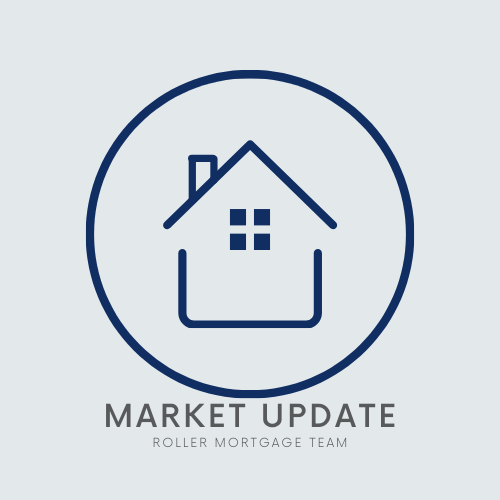Reverse Mortgages in Kansas: Everything You Need to Know
At LeaderOne Financial – Roller Mortgage Team, we understand that navigating the world of reverse mortgages can be overwhelming. That’s why we’ve put together this comprehensive guide to reverse mortgages in Kansas, so you can make informed decisions about your financial future.
What is a Reverse Mortgage?
A reverse mortgage is a loan that allows homeowners aged 62 and older to access a portion of their home’s equity without having to sell their home. Instead of making monthly payments to a lender, the lender makes payments to the homeowner. The loan balance and interest are then repaid when the homeowner passes away, sells the home, or permanently moves out.
Why Consider a Reverse Mortgage?
There are many reasons why seniors in Kansas consider a reverse mortgage. Some use the funds to pay for unexpected expenses or medical bills, while others use the money to supplement their retirement income or to make home improvements. A reverse mortgage can also be used to pay off an existing mortgage or to purchase a new home.
How Does a Reverse Mortgage Work in Kansas?
In Kansas, reverse mortgages are regulated by the state and must comply with state and federal laws. To be eligible for a reverse mortgage in Kansas, you must be at least 62 years old, own your home outright or have a low mortgage balance, and live in the home as your primary residence.
The amount of money you can receive from a reverse mortgage in Kansas depends on several factors, including your age, the value of your home, and current interest rates. You can receive the money in several ways, including a lump sum, a line of credit, or regular monthly payments.
Benefits of a Reverse Mortgage in Kansas
One of the main benefits of a reverse mortgage in Kansas is that the loan does not have to be repaid until the homeowner passes away, sells the home, or permanently moves out. This can be especially helpful for seniors who want to stay in their homes but may not have enough income to cover their expenses.
Another benefit of a reverse mortgage is that the money received is tax-free and does not affect Social Security or Medicare benefits. Additionally, the homeowner retains ownership of the home and can choose to sell it or leave it to their heirs.
Drawbacks of a Reverse Mortgage in Kansas
While there are many benefits to a reverse mortgage, there are also some drawbacks to consider. One drawback is that the fees and interest rates associated with a reverse mortgage can be higher than with a traditional mortgage. Additionally, because the loan does not have to be repaid until the homeowner passes away, sells the home, or permanently moves out, the loan balance can increase over time.
Another drawback is that a reverse mortgage can affect the homeowner’s eligibility for certain government assistance programs, such as Medicaid. It’s important to carefully consider all factors before deciding if a reverse mortgage is right for you.
Is a Reverse Mortgage Right for You?
A reverse mortgage can be a useful tool for seniors in Kansas, but it’s not right for everyone. It’s important to carefully consider your financial situation and goals before deciding if a reverse mortgage is right for you. You should also consult with a qualified financial advisor or counselor who can help you understand the benefits and drawbacks of a reverse mortgage.
At LeaderOne Financial – Roller Mortgage Team, we’re here to help you make informed decisions about your financial future. Contact us today to learn more about reverse mortgages in Kansas and to speak with one of our experienced loan officers.



